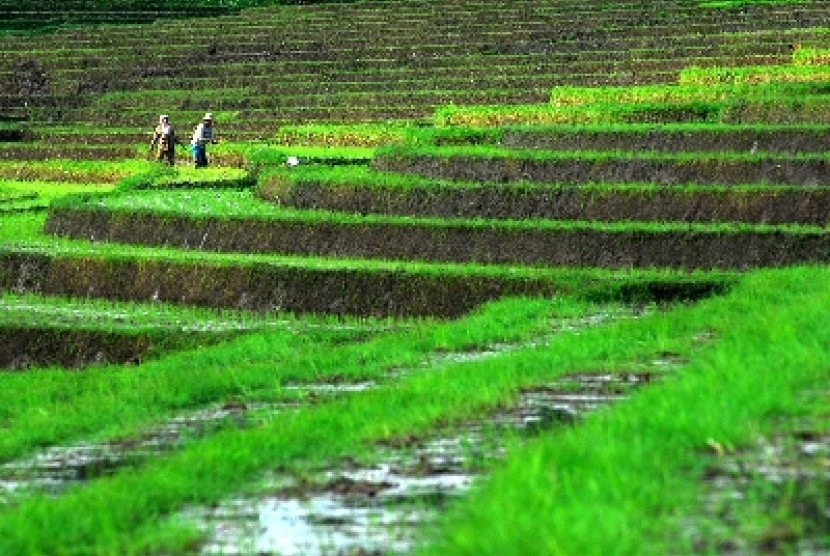REPUBLIKA.CO.ID, DENPASAR -- Several foreign scientists had studied the local environmental wisdom as practiced by the Subak traditional agricultural irrigation organization in Bali.
"Among the foreign scientists were C. J. Grader who had studied the Subak form of irrigation in Jembrana in 1984 and Clifford Geertz in Tabanan, Badung and Klungkung in 1959," Prof Dr I Wayan Windia, the chairman of the Subak study center and a dean at the University of Udayana, said here on Tuesday.
J. Stephen Lansing, an American anthropologist, had also studied the Subak system in Bangkli district in 1991.
The foreign studies had reported many local customs and discussed the rationale for the Subak irrigation system.
Indonesian scientists who had studied the Subak system, included Bagus (1971), Sutawan (1989 and 1991), Sushila (1987), Geriya (1985), Pitana (1993), Windia (2006) and Norken (2007), he added.
The local customs and traditions that were incorporated in the Subak system include religious, cultural, ecological, economic, legal, and technological and security elements.
On June 2012, Subak was recognized by the UNESCO as a world heritage site.
The Subak has maintained an agricultural ecosystem for more than 1000 years. In Bali, the ancient system of water temples enables the Subak to coordinate its activities alongside entire river systems.


